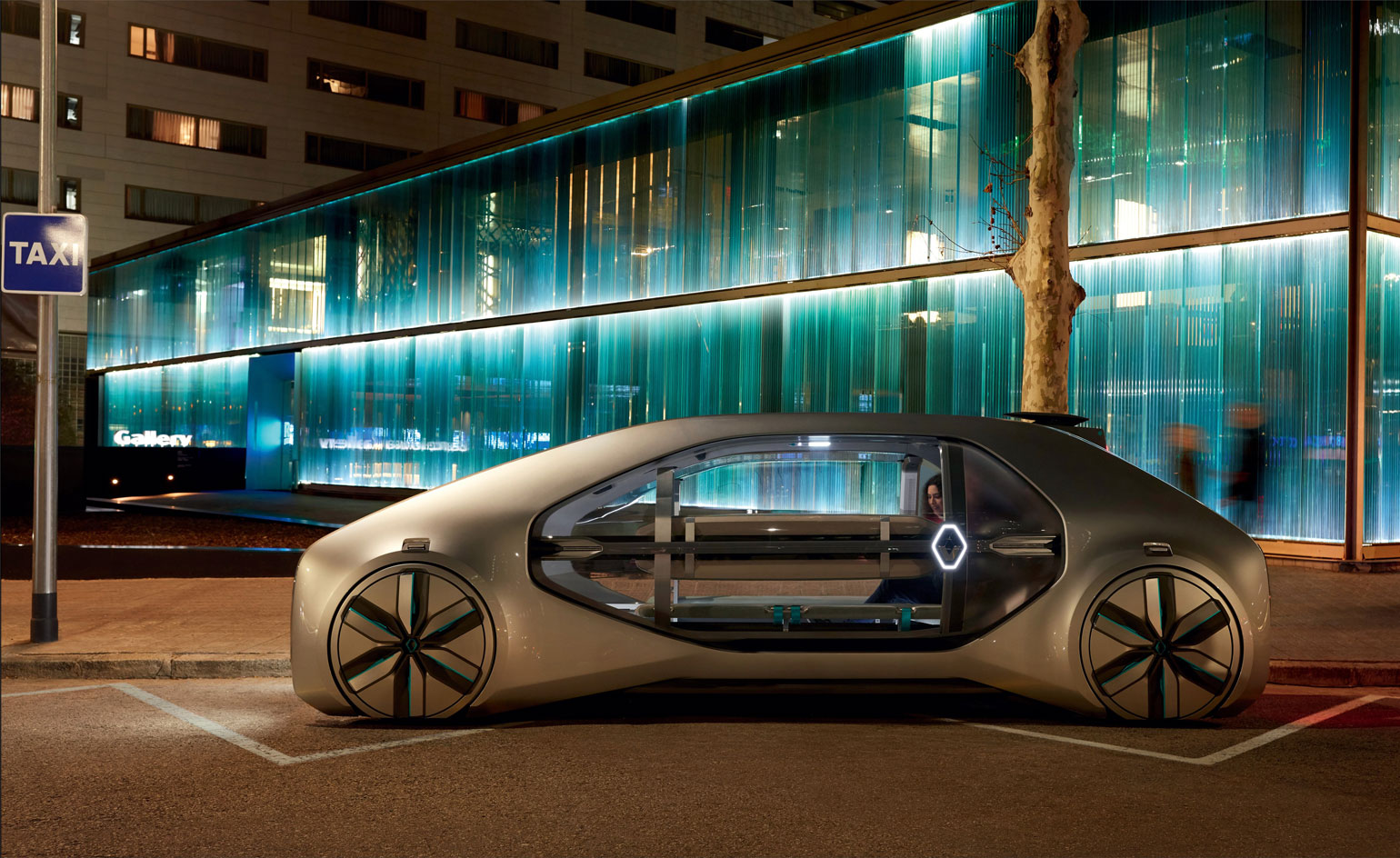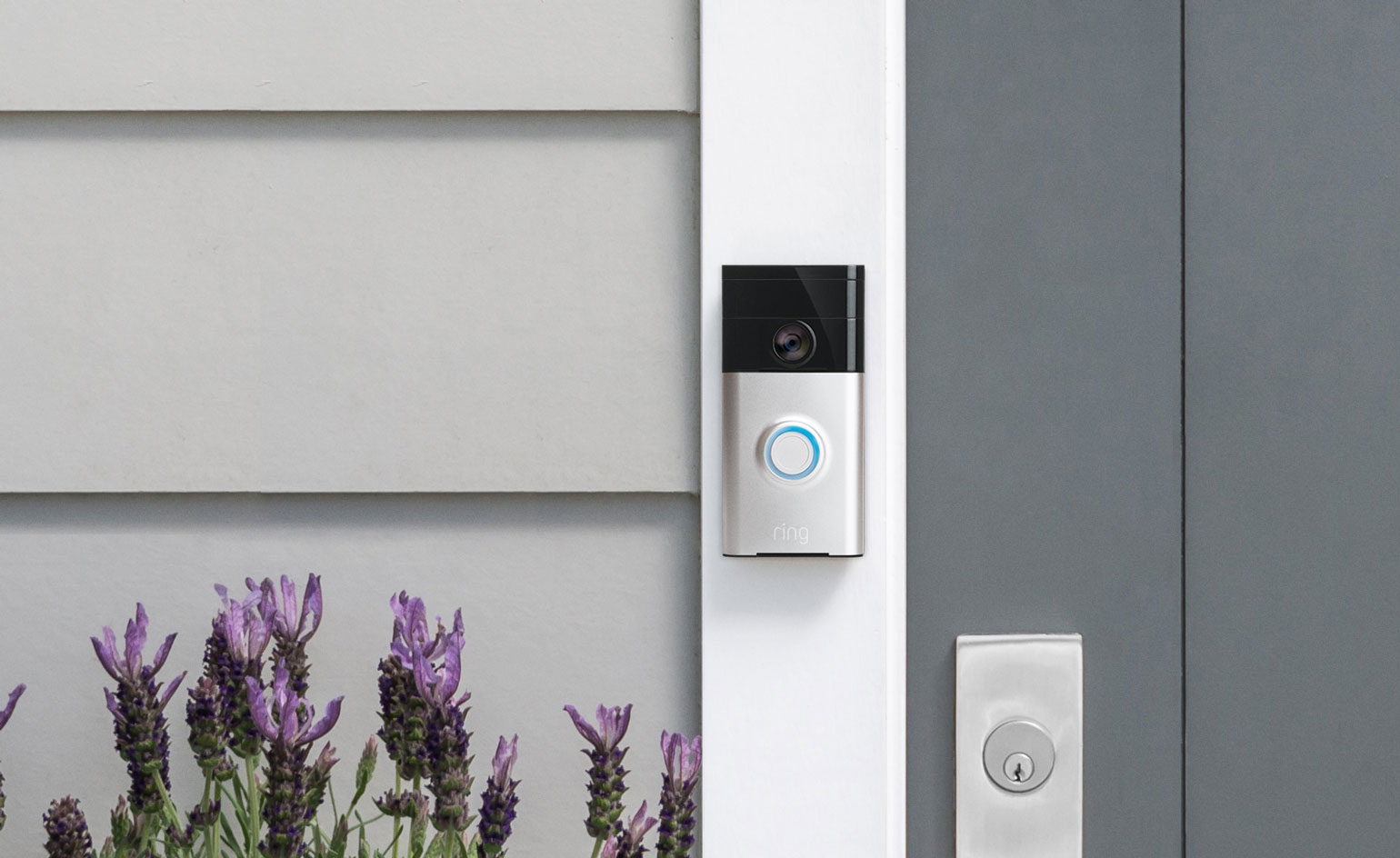Next stop: will autonomous driving take over our cities?
‘Next stop’ is a three-part series which looks to the future of technology, from domestic AI, to the daily commute, and luxury medical breaks

Receive our daily digest of inspiration, escapism and design stories from around the world direct to your inbox.
You are now subscribed
Your newsletter sign-up was successful
Want to add more newsletters?

Daily (Mon-Sun)
Daily Digest
Sign up for global news and reviews, a Wallpaper* take on architecture, design, art & culture, fashion & beauty, travel, tech, watches & jewellery and more.

Monthly, coming soon
The Rundown
A design-minded take on the world of style from Wallpaper* fashion features editor Jack Moss, from global runway shows to insider news and emerging trends.

Monthly, coming soon
The Design File
A closer look at the people and places shaping design, from inspiring interiors to exceptional products, in an expert edit by Wallpaper* global design director Hugo Macdonald.
At the 2018 Geneva Motor Show, Renault exhibited the EZ-GO concept ‘robo-taxi’, designed for future cities filled with perpetually moving, non-personal transport devices, shared by many and capable of autonomous door-to-door travel.
Right now, the auto industry feels beleaguered, despite annual global sales nudging 100 million units, and ideas such as the EZ-GO attempt to blend ride- on-demand culture with the certainty of a familiar badge. Car companies are looking to fully join the ride-sharing economy.
The downside of this is that we’ll be making a potentially irreversible transition from using a public facility to a private one. For example, if autonomous vehicles manage to dodge the many obstacles in their path to public embrace, one casualty might be the traditional city-wide transit network. Instead, our streets will be filled with a cacophony of brands, all vying for our daily commutes. Tomorrow’s tech might be tantalisingly close, but it doesn’t pose a straightforward route for urban transit.

Read part one of ‘Next stop’, where we ask: ‘Are smart homes making us stupid?’

Read part two of ‘Next stop’, where we discuss the future of the medical makeover
As originally featured in the June 2018 issue of Wallpaper* (W*231)
Receive our daily digest of inspiration, escapism and design stories from around the world direct to your inbox.
Jonathan Bell has written for Wallpaper* magazine since 1999, covering everything from architecture and transport design to books, tech and graphic design. He is now the magazine’s Transport and Technology Editor. Jonathan has written and edited 15 books, including Concept Car Design, 21st Century House, and The New Modern House. He is also the host of Wallpaper’s first podcast.